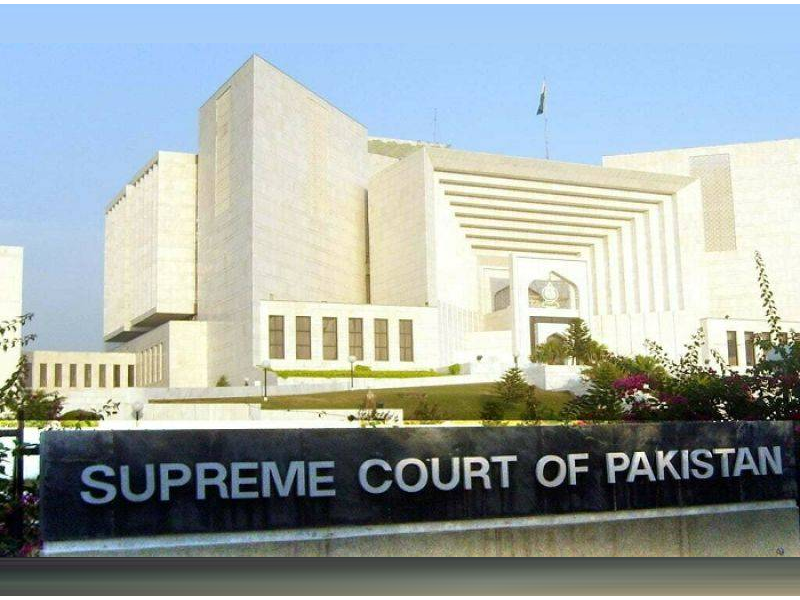SCBA Asserts: Curbing CJP's powers undermines judicial independence unconstitutionally

- 204
- 0
In response to the SC (Practice and Procedure) Act 2023, the Supreme Court Bar Association (SCBA) has expressed its concerns, stating that the law contradicts the constitution and interferes with the independent functioning of the judiciary.
The SCBA submitted its response a day late due to a power outage.
In their six-page reply, the SCBA highlighted that Section 2 of the law mandates the formation of a committee, consisting of the Chief Justice of Pakistan (CJP) and two senior judges, to create benches, thus limiting the CJP's constitutional authority. They argued that this encroaches upon the judiciary's independence.
The SCBA also criticized Section 3 of the law, which dictates how the Supreme Court exercises its original jurisdiction under Article 184(3). They believe that this curtails decision-making and infringes upon judicial independence.
Furthermore, the SCBA argued that the language used in the law is directive, with parliament exerting control over the Supreme Court's affairs and functions, contradicting the constitution.
The SCBA also contended that giving the right of appeal can only be done through a constitutional amendment, and parliament lacked the necessary majority when passing Act XVII of 2023. They called the law person-specific, purpose-specific, and time-specific.
The association urged the Supreme Court to examine the constitutionality and legislative intent by reviewing parliamentary proceedings related to the law.
Additionally, they criticized the changes to legal counsel provisions, stating that they wouldn't serve justice. They also objected to the requirement for the Supreme Court to hear urgent petitions within 14 days under Section 7 of the law, considering it an infringement on the court's administration.
The SCBA strongly criticized Section 8 of the law, stating that it undermines the entire judicial system, as it takes precedence over all other laws and judgments, potentially leading to anarchy.
In conclusion, the SCBA accused lawmakers of ignoring their oath to uphold the constitution and violating the principles of the Objective Resolution and the right to access justice. They called on the Supreme Court to declare the law "ultra vires the Constitution."
Background: The law in question deals with the powers of the Chief Justice of Pakistan in matters of public interest and aims to limit the suo moto powers of the top judge. The Supreme Court had previously stayed the law's implementation. There were discussions about harmonizing this law with another related one, and the then-CJP emphasized the need for the government to consider the judiciary's input in such legislation.
Chief Justice Qazi Faez Isa formed a full court to hear challenges to the law, which was televised for the first time in Pakistan's judicial history. The court directed lawyers to submit their responses by September 25 and adjourned the hearing until October 3. To ensure the Supreme Court's continued functioning, a three-member committee was formed to assign cases and create benches.

















































